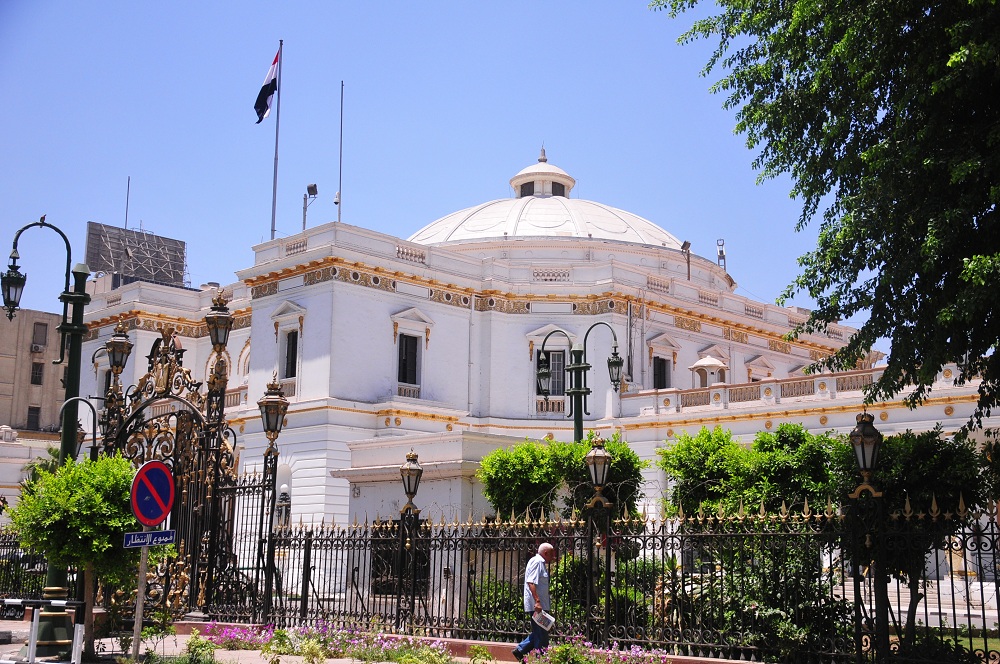Abishevich: countries need to capitalize on “considerable untapped economic potential
CAIRO: Egypt and Kazakhstan signed an agreement to boost bilateral economic and trade activity between both countries and launched their first joint business council Monday.
In a ceremony attended by Khazakhstani President Nazarbayev Nursultan Abishevich and Minister of Trade and Industry Rachid Mohamed Rachid, business leaders from both sides vowed to tackle transportation issues, now representing the main challenge in strengthening trade ties.
“Egypt and Kazakhstan want to boost trade and investment between our two countries, Abishevich said. “We see the considerable untapped economic potential that exists between us, and we want to capitalize on it.
In 2006, bilateral trade and investment stood at $7 million and $2.5 million, respectively, according to Ministry of Trade and Industry (MTI) figures.
President Hosni Mubarak visited Kazakhstan in November, witnessing the signing of a $225 million deal to import 1 million tons of Kazakhstani wheat in 2007. The president’s trip extended to include China and Russia, part of the government’s publicized effort to bolster trade ties with Eastern Hemisphere partners.
Venus International Chairman Mohamed Abd El Fadil, the Egyptian company responsible for the November wheat deal, said the Kazakhstani market could prove lucrative for Egyptian exporters and investors but transportation remains a problem because the country is land-locked. Abd El Fadil now doubles as chairman of the newly-established Egyptian-Kazakhstani Business Council (EKBC).
The cost of Kazakhistani wheat, similar to the Spring Wheat variety normally imported from the United States, reaches just $120 per ton but is nearly doubled due to the lack of direct transportation links between both countries, he said.
“If you find a solution to the transportation problem, you will definitely have a breakthrough, said MTI Commercial Second Secretary Ahmed Ayad.
According to the text of the agreement, obtained by The Daily Star Egypt, both sides will afford each other “favored state treatment with respect to several issues including customs duties, taxation and transportation, but no specific goals and timetables are yet to be announced.
Speaking at EKBC’s first meeting Monday, Abishevich said both governments are now working to reach agreements on establishing direct flights, improving the transportation infrastructure within Kazakhstan and preventing double taxation.
According to MTI officials, tariffs will not likely present a challenge to Egyptian exporters as they average about 10 percent on relevant industries such as building materials, pharmaceuticals and furniture manufacturing. Still, MTI has requested reducing tariffs on carpets, ready-made garments and some types of marble now in the 25 percent to 30 percent range.
Kazakhstan recorded $60 million in foreign direct investment in 2006, witnessing a 10 percent economic growth rate on the back of increasing oil prices. The country’s oil reserves rank seventh worldwide.
EKBC is the sixth to be established via MTI ministerial decree on a list including the American, French, Italian, German and Chinese-Egyptian Business Councils. The council’s next meeting is scheduled to be held in Almaty, the former capital of Kazakhstan, in September.

